According to election officials, Kast's closest rival, Communist party candidate Jeannette Jara, won slightly more support, with about 26% of votes going to the former labor minister for Chile's outgoing centre-left president, Gabriel Boric. However, other right-wing candidates, including Kast's closest competitor, Sebastián Sichel, trailed behind, securing around 20% of the vote.
Kast, an ultraconservative lawyer, has been praised by his supporters for his tough stance on crime and immigration, with many seeing him as a strong leader who can restore order in the country. "We need a president who will put Chileans first and not be afraid to make the tough decisions," said Kast supporter, Ana María, a 35-year-old business owner from Santiago. "José Antonio Kast is the only one who can deliver on that promise."
However, critics have raised concerns about Kast's hard-line policies, which they say will only exacerbate social and economic inequalities in the country. "Kast's campaign has been built on fear and division, and his policies will only benefit the wealthy and powerful," said Jara supporter, Carlos, a 28-year-old student from Valparaíso. "We need a president who will work for the people, not just the privileged few."
The second round of voting is set to take place on December 17, with Kast and Jara facing off in a closely contested election. According to analysts, Kast's lead in the first round is significant, but Jara's campaign has been gaining momentum in recent weeks, and she is expected to put up a strong fight in the second round.
Background context: Chile's presidential election has been marked by a highly polarized campaign, with many candidates vying for the top spot. The election has been seen as a test of the country's democratic institutions, with many Chileans expressing concerns about the rise of far-right and far-left ideologies. The country's outgoing president, Gabriel Boric, has been a key figure in the campaign, with many seeing him as a champion of progressive values.
Additional perspectives: Analysts say that Kast's victory in the second round is far from guaranteed, with many factors still at play. "Kast's lead in the first round is significant, but Jara's campaign has been gaining momentum, and she has a strong chance of winning in the second round," said analyst, Juan Carlos, a professor of politics at the University of Chile. "The election is still highly uncertain, and anything can happen in the next few weeks."
Current status and next developments: The second round of voting is set to take place on December 17, with Kast and Jara facing off in a closely contested election. Analysts say that the election will be closely watched by international observers, with many seeing it as a test of Chile's democratic institutions. The outcome of the election will have significant implications for the country's politics, economy, and social fabric, and will be closely followed by Chileans and international observers alike.



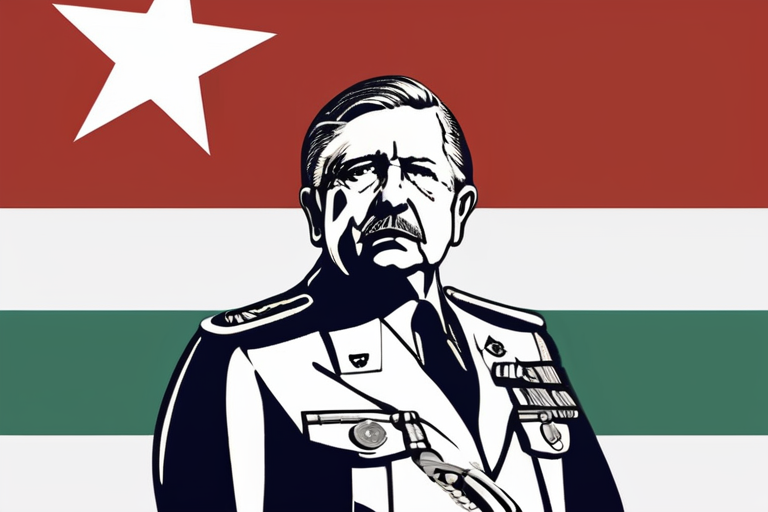
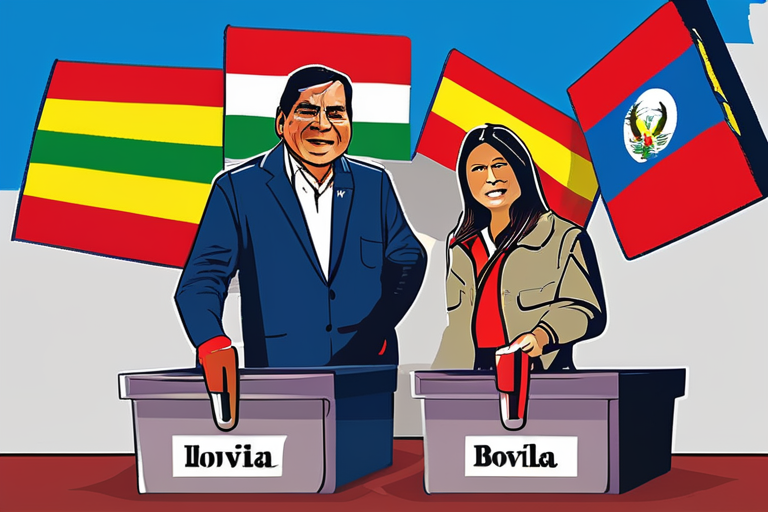

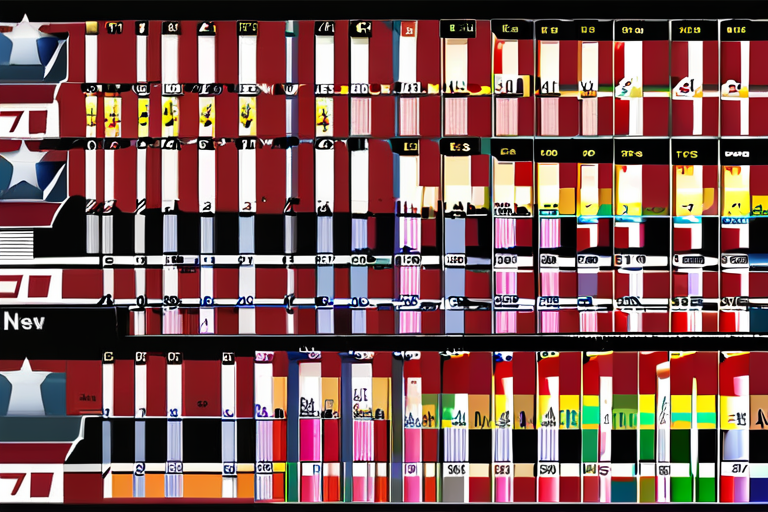



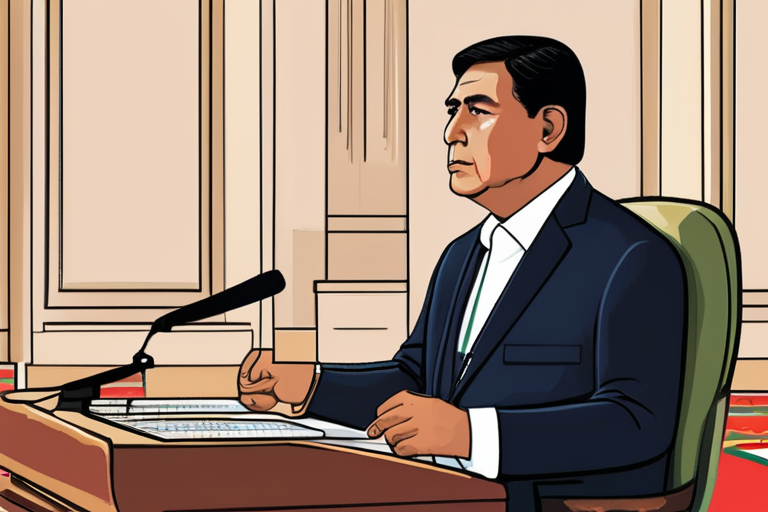
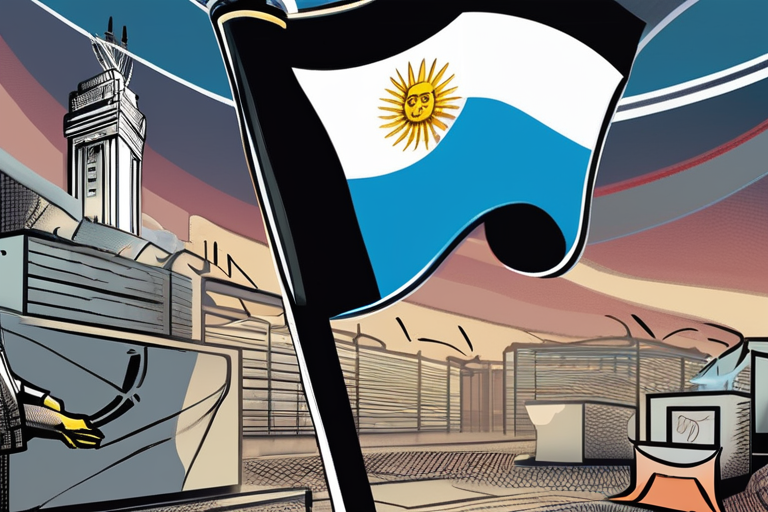



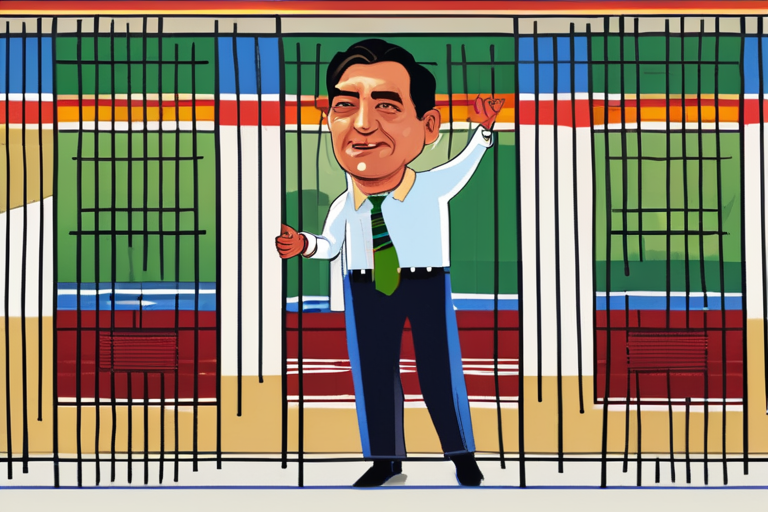
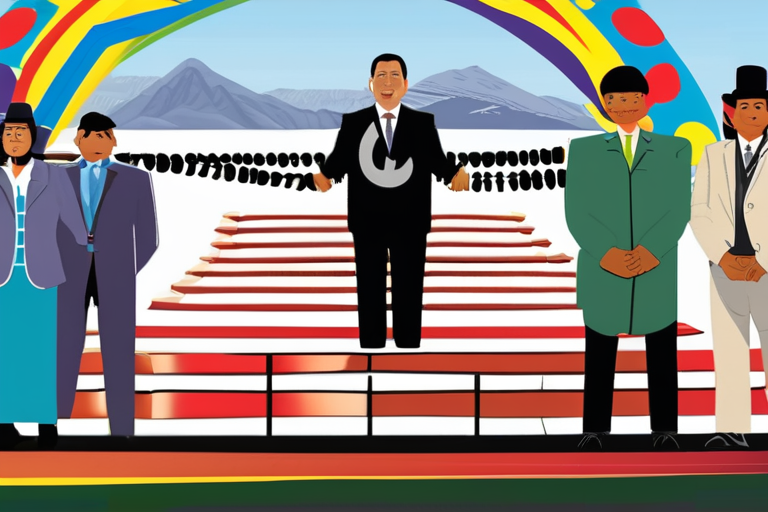
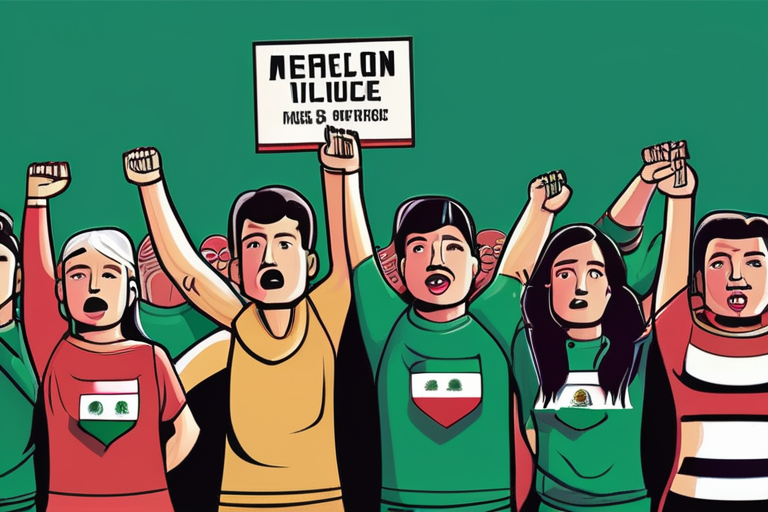

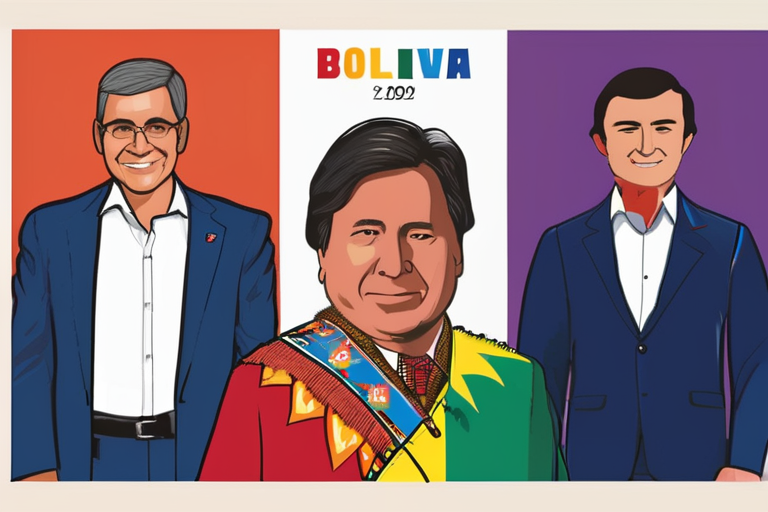
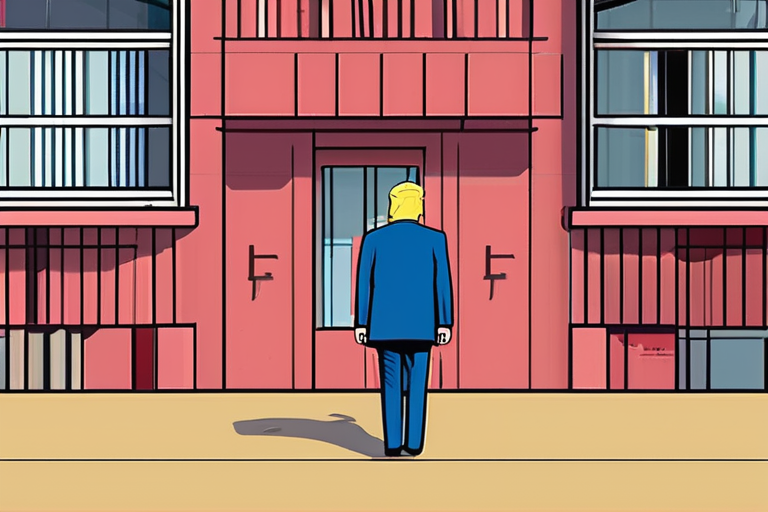

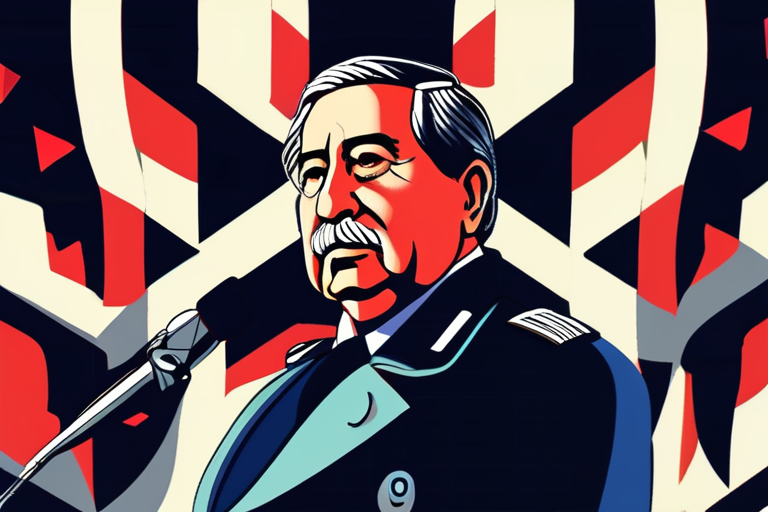

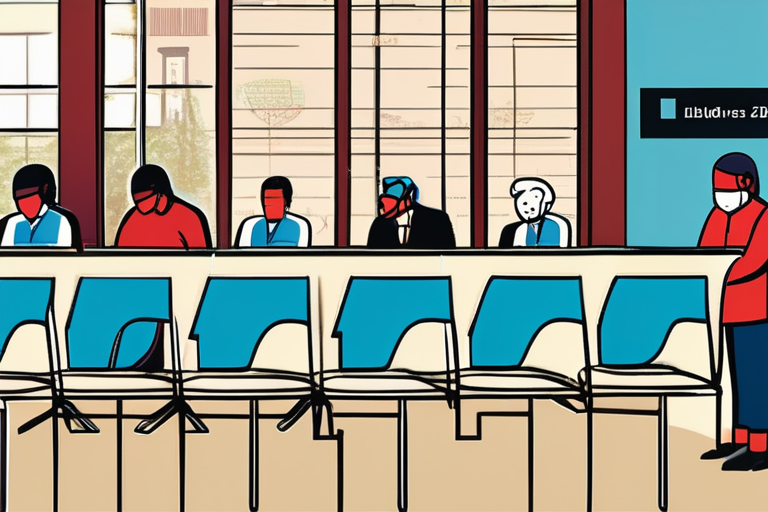


Share & Engage Share
Share this article